Farduus Y. Ahmed, MSW, is a Senior Instructor in the Department of Psychiatry at the University of Colorado School of Medicine -Anschutz Campus. Farduus, a mental health clinician and educator, provides culturally and linguistically responsive and trauma-informed mental health services to refugee/immigrant clients and their families, including survivors and victims of Female Genital Mutilation/Cutting (FGM/C). Farduus is a highly experienced community leader, social worker, advocate, public speaker, and researcher with over a decade of experience working with diverse populations in the areas of mental health, women’s health, newcomer health, combatting Female Genital Mutilation/Cutting (FGM/C), promoting gender equality, and addressing other social injustices.
Through working with displaced communities, survivors of FGM/C, torture, and other forms of violence and trauma, Farduus is the executive director and founder of International Survivors and Families Empowered (iSAFE).
iSAFE’s mission is to promote health equity and reduce disparities among immigrant and refugee women, families, and communities. Our vision is that people are empowered to achieve well-being, which includes mental, physical, social, and spiritual dimensions. iSAFE approach aims to overcome barriers that newcomers face in accessing healthcare and resources by conducting community outreach, engagement, education, and stakeholder training in a culturally responsive and informed manner. Our organization specializes in the areas of reproductive health (e.g., family planning, maternal-child health, female genital mutilation/cutting (FGM/C), mental health and wellness, domestic and gender violence, and refugee and immigrant integration programs. The interventions implemented by iSAFE create a safe space that allows the community, survivors, women, youth, and families to interact in settings that facilitate comfort and build rapport for critical conversation and learning about mental and physical health issues. iSAFE holds connections to a wide range of community members, community organizations, academic institutions, researchers, state and federal governmental partners, and other refugee actors in Colorado and nationwide, and has expertise in stakeholder and network engagement. Team members speak Amharic, Arabic, Somali, and Spanish and cumulatively have over 45 years of experience improving health and wellness outcomes and building knowledge and skills of professionals in multiple sectors (mainly women’s and mental health).
